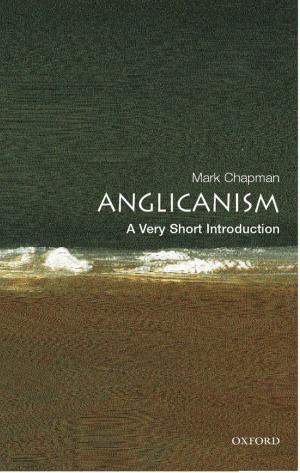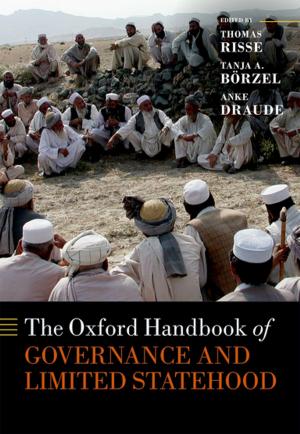Treaties on Transit of Energy via Pipelines and Countermeasures
Nonfiction, Reference & Language, Law, Environmental, International| Author: | Danae Azaria | ISBN: | 9780191026874 |
| Publisher: | OUP Oxford | Publication: | March 26, 2015 |
| Imprint: | OUP Oxford | Language: | English |
| Author: | Danae Azaria |
| ISBN: | 9780191026874 |
| Publisher: | OUP Oxford |
| Publication: | March 26, 2015 |
| Imprint: | OUP Oxford |
| Language: | English |
This monograph examines the relationship between treaties providing for uninterrupted energy transit and countermeasures under the law of international responsibility. It analyses the obligations governing energy transit through pipelines in multilateral and bilateral treaties, looking at the WTO Agreement, the Energy Charter Treaty, and sixteen bespoke pipeline treaties. It argues that a number of transit obligations under these treaties are indivisible, reflecting the collective interests of states parties. The analysis is placed in the historical and normative landscape of freedom of transit in international law. After setting out the content and scope of obligations concerning transit of energy, it distinguishes countermeasures from treaty law responses, and examines the dispute settlement and compliance supervision provisions in these treaties. Building on these findings, the work discusses the availability and lawfulness of countermeasures as, on the one hand, a means of implementing the transit states responsibility for interruptions of energy transit via pipelines; and, on the other hand, circumstances that preclude the wrongfulness of the transit states interruptions of transit.
This monograph examines the relationship between treaties providing for uninterrupted energy transit and countermeasures under the law of international responsibility. It analyses the obligations governing energy transit through pipelines in multilateral and bilateral treaties, looking at the WTO Agreement, the Energy Charter Treaty, and sixteen bespoke pipeline treaties. It argues that a number of transit obligations under these treaties are indivisible, reflecting the collective interests of states parties. The analysis is placed in the historical and normative landscape of freedom of transit in international law. After setting out the content and scope of obligations concerning transit of energy, it distinguishes countermeasures from treaty law responses, and examines the dispute settlement and compliance supervision provisions in these treaties. Building on these findings, the work discusses the availability and lawfulness of countermeasures as, on the one hand, a means of implementing the transit states responsibility for interruptions of energy transit via pipelines; and, on the other hand, circumstances that preclude the wrongfulness of the transit states interruptions of transit.















